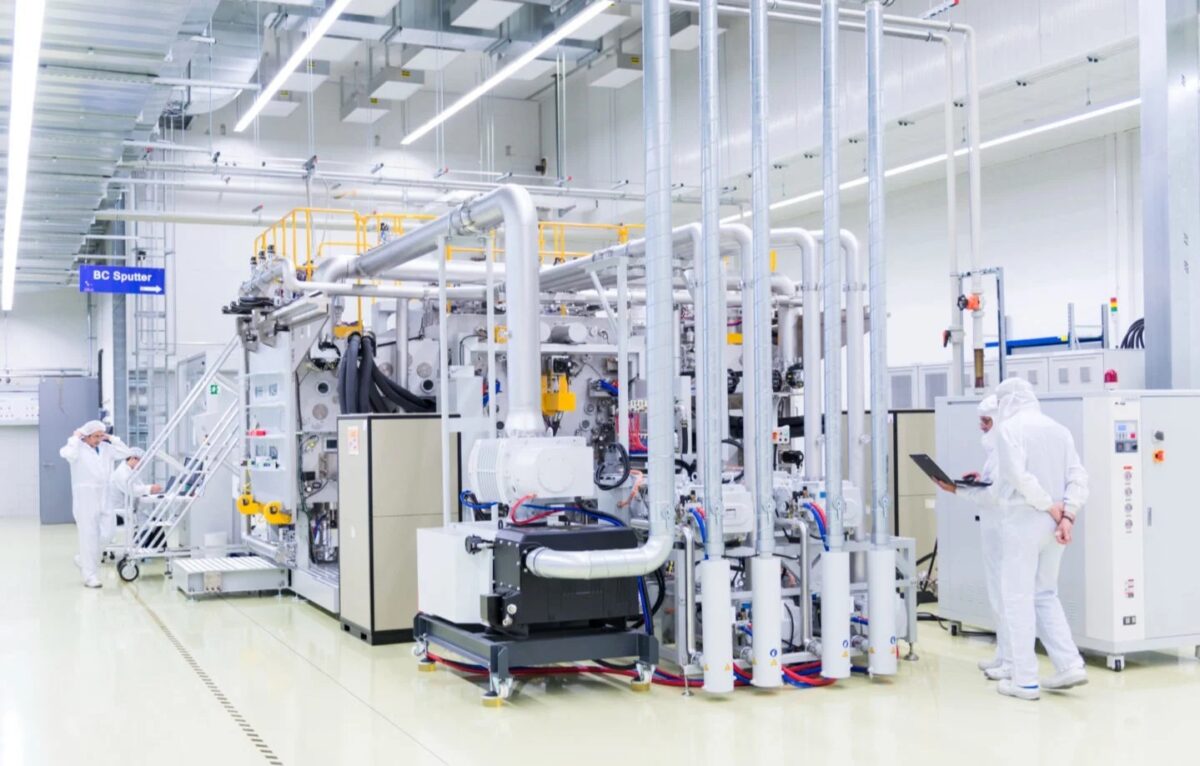 Colorado-based PV manufacturer Ascent Solar said its proprietary thin-film PV solutions, based on CIGS, have reached an efficiency of 17.55%, up from 15.5% in previous test results.
Colorado-based PV manufacturer Ascent Solar said its proprietary thin-film PV solutions, based on CIGS, have reached an efficiency of 17.55%, up from 15.5% in previous test results.The company said that current measurements account for a milestone achievement, as 17% is the minimum efficiency required by many satellite companies.
“The latest efficiency increase can be attributed to the addition of rubidium fluoride to the chemistry, combined with improvements to Ascent’s manufacturing process,” the company said in a statement. “The improvements will result in an increase in specific power in the space environment from 1,900 W/kg to 2,100 W/kg at air mass zero.”
Ascent Solar added that it will soon release a new CIGS module with this efficiency. The Titan panel is said to be optimized for use in space environments. First orders are expected to be shipped in the first quarter of 2024.
“Titan will be the first standardized product specially designed for space with a specific power of 2,100 W/kg, coupled with best-in-class resilience and flexibility features,” the company said. “The Titan module is approximately one square foot in size, 10 grams in weight, and possesses a target output of 17 W. It can be used alone or configured into an array.”
The company said further enhancements to its CIGS PV technology include the incorporation of Zn(O,S), which is a thin film that can be used as a buffer layer in the cell. It is expected to increase efficiency and power as it expands interactions with light in the blue spectrum and counters degradation after light soak.